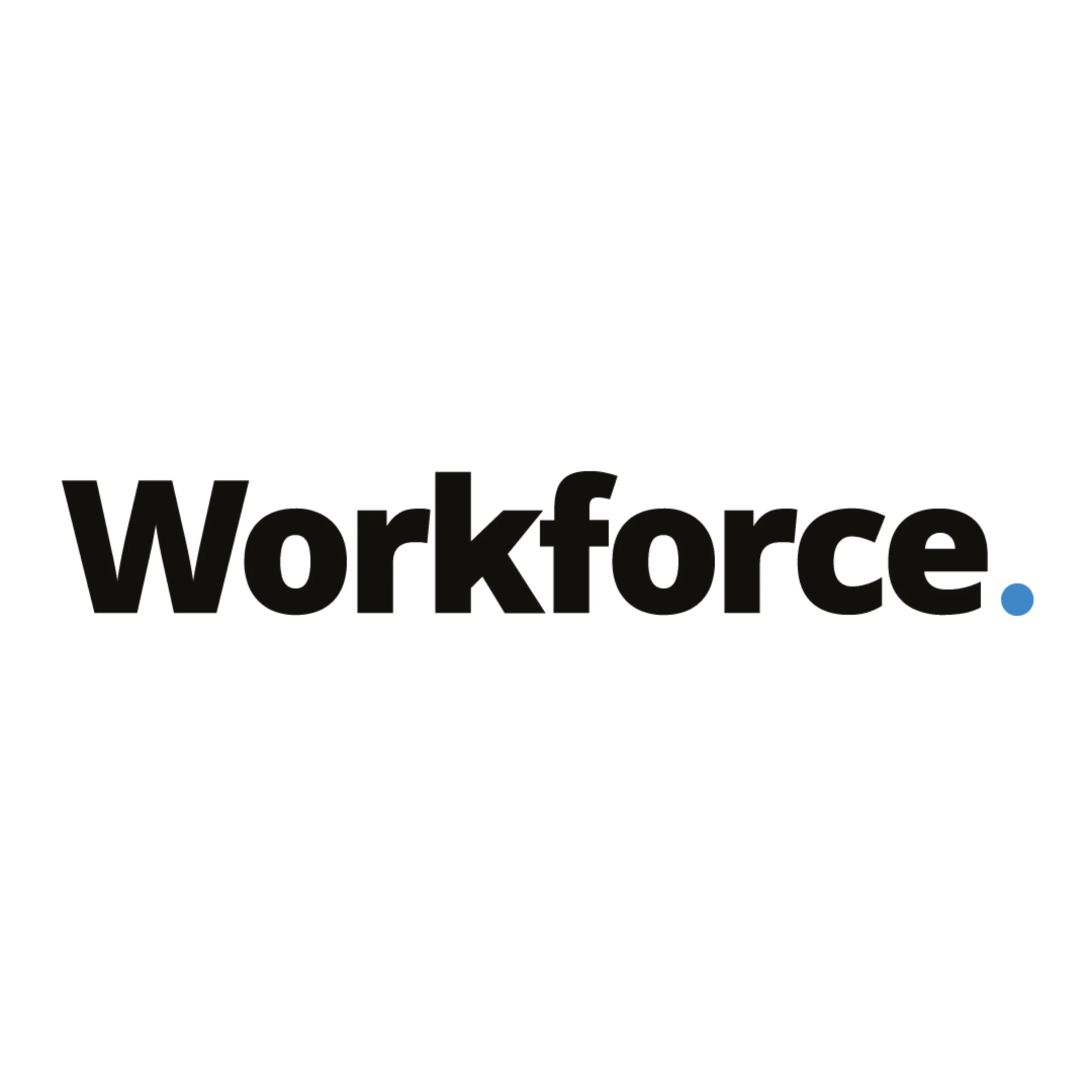Over our years conducting pre-hiring assessments for candidates, we have observed that employers are wary of using assessments during their hiring process.
Why? Employers have been led to believe that assessments create a poor candidate experience. Although this is a myth, it can be true if the pre-hiring assessment is poorly designed, misused, or confusing to candidates.
However, an assessment that measures what it claims to measure and is incorporated at the right point in the hiring process can strengthen candidate experience, not weaken it.
Here are four common misconceptions about the role of pre-hiring assessments in fostering a positive candidate experience;
Recommended Post: 5 Common Assessment Centre Exercises and How to Administer Them
4 Common Misconceptions About Pre-Hiring Assessments
Myth No. 1. Assessments create a poor candidate experience
Many organisations believe that using assessment causes poor candidate experience in the recruitment process; therefore, they prefer to steer clear.
Their wariness of the scarcity of talent, coupled with the feedback from candidates who may have had an unpleasant experience, has also convinced them that assessment creates a poor candidate experience.
However, assessments are NOT responsible for creating a poor candidate experience; how they are used (or misused) is what creates an unpleasant experience for candidates. When developed and administered correctly, assessments give candidates an opportunity to display their innate skills and competencies during the hiring process.
When assessments are used to elicit the right information, candidates will be made to see how insights from assessments administered to them support your hiring decision.
The latter is extremely important because the perception of fairness is one of the biggest hallmarks of a good candidate experience.
Myth No. 2. The shorter the assessment, the better
In a bid to speed up their hiring process, organisations think the best way to go about it is using short assessments. They also believe that candidates tend to be more open to shorter assessments.
Employers who have fallen prey to this myth tend to end up with the wrong hires as a result of using consequentially ineffective assessments. In addition, due to difference in job roles, the length of assessments differ. For example, assessments for senior-level hires will require testing for more competencies than that of a junior role.
Myth No. 3. Qualified candidates often do not want to go through the assessment process
Candidates will not devalue an employer that uses assessments to screen candidates. In fact, most candidates appreciate the opportunity to demonstrate their skills. If they can see that the assessment is clearly related to the role, taking it will not be a turn-off for qualified candidates.
Organisations need to frame their assessments to demonstrate their value to the candidate and give valid reasons why it is important for your hiring decision.
Myth No. 4. When there is a talent shortage, ditch assessments
Pre-hiring assessments help screen candidates whose skills and competencies are not relevant to the role. Assessments help you maintain high-calibre hires, which is especially important when there is stronger competition for talent.
Employers need to ensure that no matter the shortage or unavailability of candidates, to prevent the cost of a wrong hire, relevant assessments need to be used to identify the best match for the role while the report the assessment generates provides a blueprint for the post-hire development plan and strategy.
Some other myths about candidate assessments include:
A) Assessment is not for my industry: Some organisations believe assessments are irrelevant for their industry. However, assessments can be tailor-made to test the specific competencies required in different organisations.
B) Assessment is expensive: Organisations tend to shy away from assessment because of the cost implications. However, hiring wrongly can cost you twice the annual salary of the employee.
C) Assessment is not a predictive measure of candidate performance: Assessment has been proven to have the ability to predict how well a candidate will perform on the job. However, this can only happen when deployed right and objectively. Therefore, certain assessments meant to test for specific competencies vital to getting the job done must not be overlooked.
D) Candidates can easily fake assessment tests: Organisations don’t just deploy preliminary assessments and end them there. There are a series of assessments that can be used to test candidates’ abilities such that it is hard for them to fake it through.
For example, Assessment Centre contains a series of exercises such as behavioural assessments, group exercises, presentation, role play, etc., that tests different competencies in a candidate and determine whether they are the right fit or not.
Pre-hiring assessments can do much more for candidate experience than you realise. In addition, organisations can reap a lot of benefits from pre-hire assessments. Pre-hire assessment helps them make objective decisions when hiring. This is because assessment produces measurable results and insights that they can draw from to determine which candidate is the best for them.
Hiring the best candidate means hiring someone who fits into the organisation’s culture. Assessment exercises help you discover a candidate’s personality, values, and behavioural tendencies, among many other benefits.
At Workforce Group, we think differently and believe that when deployed properly and effectively, assessments can do much more than helping to select the right employees; they can also support the competency development and ongoing career management of employees.
For the last 17 years, we have successfully helped our clients achieve their human capital-enabled business objectives by deploying contextual and custom-built solutions to meet their end-to-end assessment needs through our predictable, reliable and scalable assessment centre solutions.
Overcome the frustration of making the wrong hire by using our assessment centre solutions to assess your top entry-level, experienced and executive professionals. Contact us today by scheduling a free consultation to discuss how to help you win and achieve all your set business goals.


